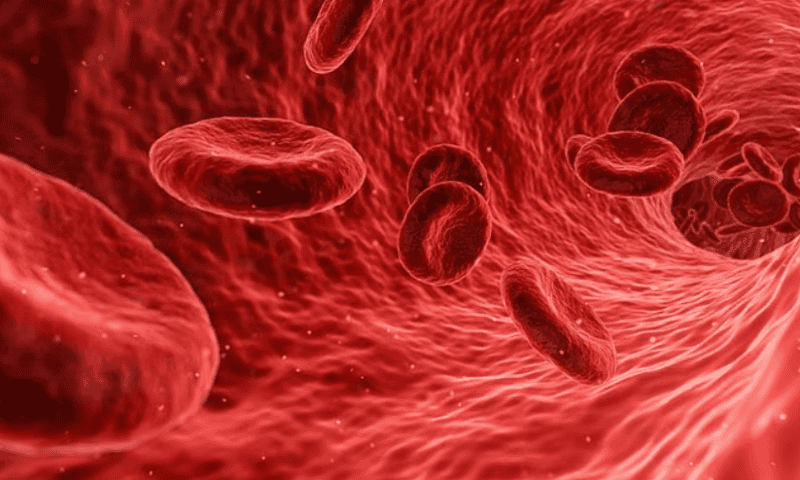The FDA has elevated a pair of separate recalls from Route 92 Medical and Boston Scientific for issues stemming from their cardiovascular catheters for treating strokes and diagnosing conditions in the heart.
Both companies’ efforts recently received Class I recall designations from the FDA, the agency’s most severe risk category.
Route 92 is recalling nearly 1,000 of its Tenzing 7 delivery systems and accessories used to reach blocked blood vessels deep in the brain—following reports of the catheter tip breaking off the device while inside the patient. According to the FDA, it has received reports of two patient injuries and one death.
The agency said that the faulty neurovascular catheters were not manufactured by Route 92, but by an outside contract supplier, and that investigations found some devices did not meet Route 92’s quality standards. The California-based company had launched a voluntary recall in early March, for 986 systems distributed from April 2023 through February of this year, and completed the removal of the affected products from the market in April.
“Route 92 Medical takes quality issues very seriously. When we became aware of this issue, we conducted a thorough investigation and determined that the issue was isolated to specific manufacturing lots built by an outside supplier,” Matthew Forston, Route 92’s VP of quality and regulatory affairs, said in a statement to Fierce Medtech. “The outside supplier no longer manufactures Tenzing delivery catheters for Route 92 Medical.”
Boston Scientific, meanwhile, has launched an international recall spanning more than 300,000 of its Expo angiographic diagnostic catheters, used to help deliver contrast media during percutaneous coronary intervention procedures.
That recall effort also began in March, after the company received complaints that cardiac surgeons were unable to advance guidewires through the center of the 5 French catheter, among certain device batches.
In a statement, a Boston Scientific spokesperson said the company’s internal investigation found evidence that the inner polymer layer of the catheter could separate from other layers and, in some cases, the material has detached from the inside the device.
“There is no risk to patients who have already been treated with the device and physicians have been given instructions for returning unused, potentially affected product,” the company said, adding that prolonged procedures were the only reported event. The FDA has not listed any patient injuries related to the recall.

